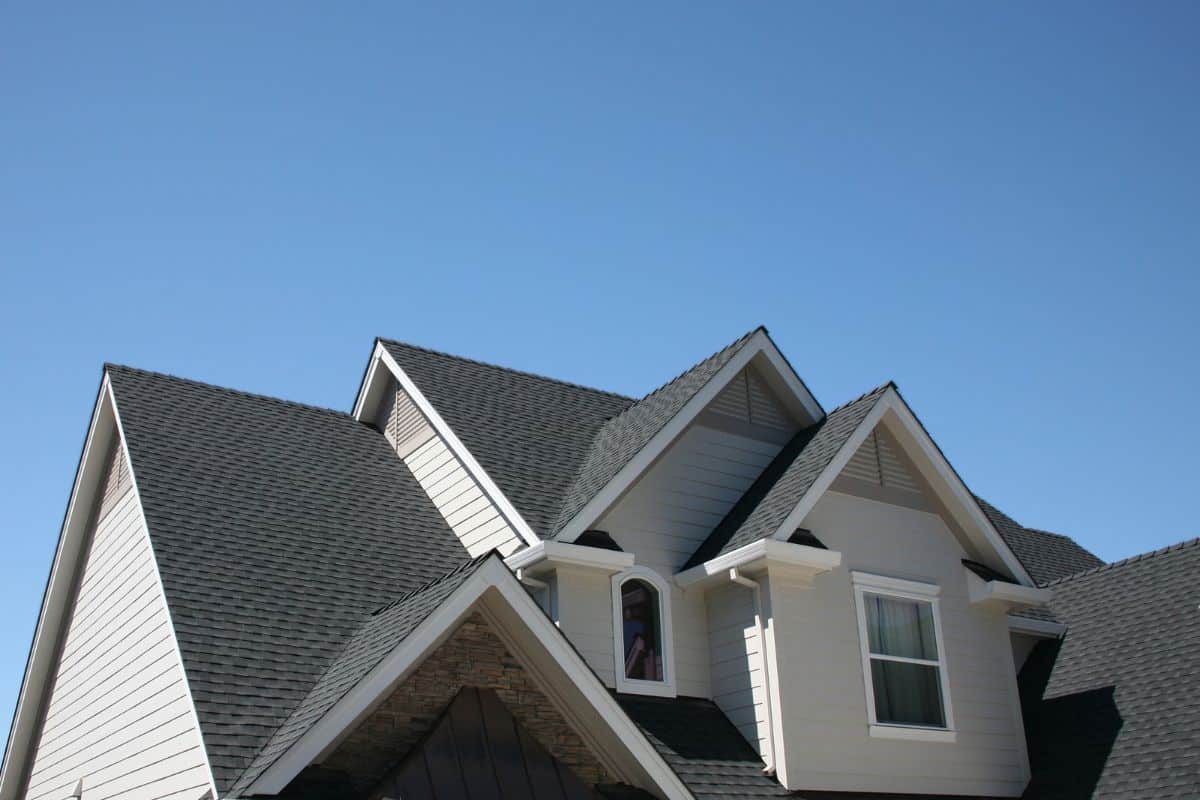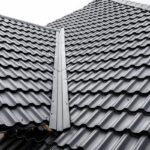Can a New Roof Installation Really Reduce My Energy Bills?
When it comes to home improvement, a new roof may not be at the top of most homeowners’ lists. However, a new roof installation can not only improve the appearance and structural integrity of your home, but it can also help to reduce energy bills.
The question is, can a new roof really make a difference in your energy bills? The answer is yes, a new roof can have a significant impact on energy efficiency and can help to lower your energy costs. Here are several ways you can benefit from replacing an old roof with a new one.
A New Roof Improves Insulation
One of the primary ways in which a new roof can reduce energy bills is through improved insulation. A well-insulated roof helps to keep the home warm in the winter and cool in the summer by reducing heat transfer. A new roof can also improve the overall insulation of the home by sealing any gaps or leaks in the roof deck and by providing a proper ventilation system.
Roofs Can Reflect Heat
Another way in which new roof installation can reduce energy bills is through reflectivity. A roof that is reflective can help to reduce the amount of heat absorbed by the home, which can lower cooling costs. Reflective roofing materials, such as cool roof shingles, can reflect up to 85% of the sun’s rays, which can make a significant difference in reducing energy bills.
Modern Roofs Reduce Air Leaks
New Roofs also have an impact on air leakage. An older roof can have gaps and leaks that allow warm or cool air to escape, making your HVAC system work harder to maintain the desired temperature. A new roof can help to seal these gaps and leaks, which can reduce energy consumption and lower energy bills.
New Roofs Come In Energy-Efficient Materials
The type of material you choose for your New Roof can also have an impact on energy efficiency. Metal roofs are becoming increasingly popular due to their durability, reflectivity, and ability to provide a tight seal against air leakage. Asphalt shingles, on the other hand, are a more traditional option that can also be reflective, but they may not provide as tight a seal against air leakage.
Your Roof Color Matters
Another factor to consider when it comes to the energy efficiency of a new roof is the color. Lighter-colored roofs reflect more sunlight than darker-colored roofs, which can help to keep the home cooler in the summer and reduce energy bills.
Roof Replacement Results Vary
It’s important to note that the potential energy savings from a new roof will depend on a variety of factors, including the age and condition of the existing roof, the type of roofing material chosen, and the quality of the installation. A poorly insulated or poorly sealed roof will not provide the same energy savings as a well-insulated and well-sealed roof.
In conclusion, a new roof can have a significant impact on energy efficiency and can help to lower your energy bills. By choosing a reflective roofing material, ensuring proper insulation and ventilation, and proper installation, you can help to reduce your energy costs and make your home more comfortable.
When considering a new roof, it’s important to do your research, and contact a reputable and experienced contractor like Rapid Roofing who will provide quality work and adhere to all safety standards. The right new roof can not only improve the appearance and structural integrity of your home, but it can also help to reduce energy bills, resulting in long-term savings.


 Residential Roofing
Residential Roofing Storm Damage
Storm Damage Multi-Family Homes
Multi-Family Homes
